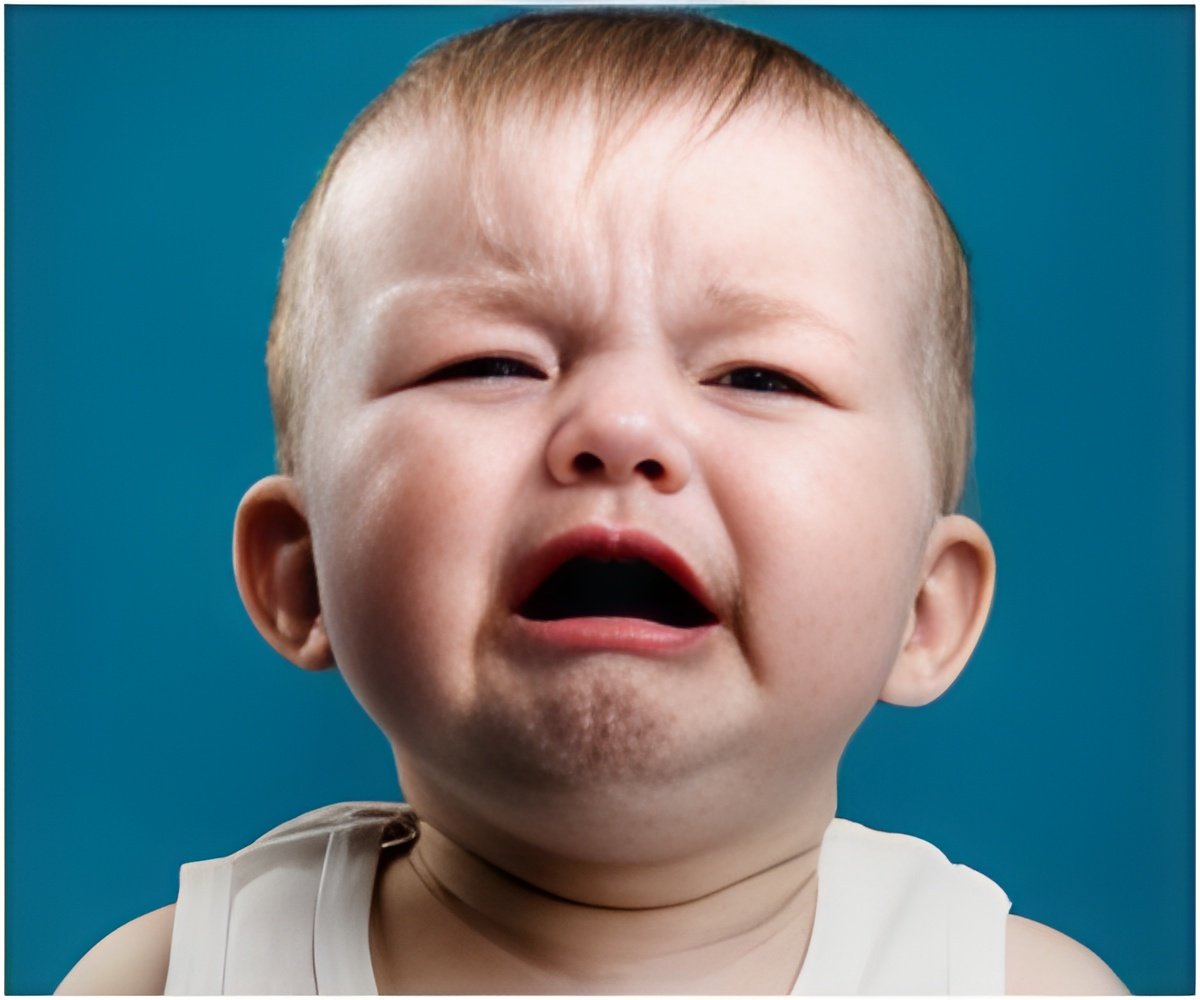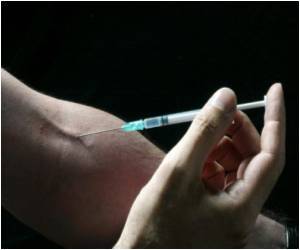Minimal acupuncture was found to shorten the duration and reduce the intensity of crying in infants with colic.

Abdominal Colic in infants is a phenomenon that occurs in almost all babies. It is defined as crying that lasts for longer than about three hours a day and is not caused by a medical problem, i.e. the baby is otherwise healthy. It is more common in boys and in firstborn children.
The exact cause is unknown. A number of causes have been suggested:
• Discomfort from intestinal gas
• Hunger
• Overfeeding
Babies also cry more when people around them are worried, anxious, or depressed. Colic is a benign condition that is generally gone by 12 weeks of age. It usually affects babies beginning at about 3 weeks of age.
Acupuncture, a part of traditional Chinese medicine treats patients by insertion and manipulation of needles in the body. Acupuncture is a widely used and discussed modality to tackle infantile colic. The objective of the latest study was to further investigate the effect of acupuncture in reducing the duration and intensity of crying in infants with colic.
The study was performed in ninety infants. They were divided into two groups. Only one group received acupuncture. Babies who received acupuncture treatments, twice a week for a period of six weeks, cried for a shorter period of time and with less intensity than the control group, i.e. the group that did not receive acupuncture.
The needles used were as fine as a strand of hair and caused minimal pain. They were inserted in to the soft, fleshy part of the hand between the baby’s thumb and forefinger. This area known as ‘LI 4’ is thought to influence the functioning of large intestine.
Infantile colic is a stressful situation for the family and it affects optimal relations between adults. There is an increased risk of child abuse. If the acupuncture efficacy is very well established, that would mean an effective solution free from side effects.
Another important observation was that parents often overestimated their babies’ crying. The parents of 210 infants who claimed their infants had colic were asked to maintain daily diary entry of symptoms. Evaluation of the recordings showed that only 90 infants actually had colic.
Source: Acupuncture reduces crying in infants with infantile colic: a randomised, controlled, blind clinical study; Kajsa et al; Acupuncture Medicine.
Source-Medindia










